Accommodations for adhd
- Dyanna Villesca
- Aug 15, 2019
- 1 min read
A Section 504 plan is based on federal law that protects individuals with a disability. The law is meant to be very broad and inclusive. Many individuals can qualify for Section 504 services in schools, from conditions ranging from asthma, reading problems, to attention problems such as AD/HD.
Accommodations need to be appropriate for the child and the condition that he/she has so that their learning is facilitated and not limited. Thererfore, accommodations for ADHD need to be considered with what will be most effective for the student. Extended time on homework assignments or projects for example, is not going to be effective for a student with ADHD. Procrastination is usually a characteristic of ADHD, and giving students more time on an assignment will just faciliate the procrastination. What is more effective is shortened assignments so that the student can complete the task within the same amount of time. Of course, individual characteristics of the student need to be taken into consideration, but generally speaking, it is more effective than extended time.
However, extended time does have an appropriate place as an accommodation, and this is usually when it applies to test taking time. Many students with ADHD benefit from extended time on tests due to being prone to get distracted and off task more easily than their non-ADHD peers. Providing a quieter room to take tests are also appropriate in some situations where the student finds this beneficial (others find it more stigmatizing).
For more information on "band-aid" accommodations and more effective helpful accommodations, please read the article below from attitudmag.com.



Comments